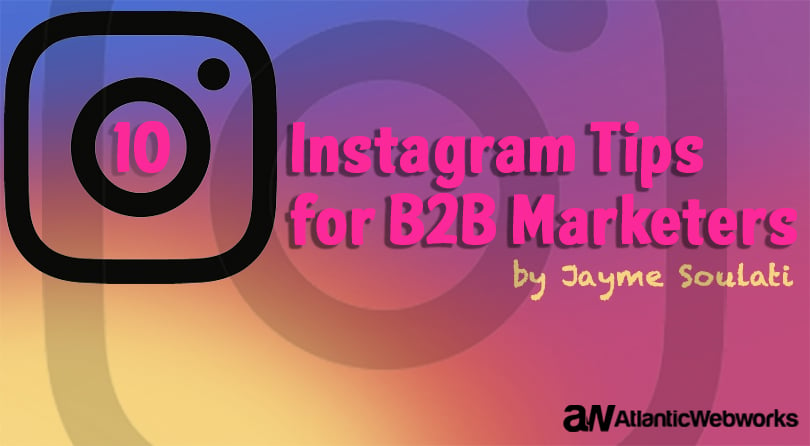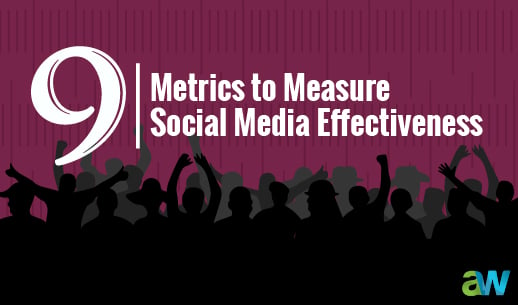No one likes to talk about death, but we all know that death is the only thing in life that will happen to every single one of us. And while most of us have a good plan in place for what should happen to our bodies and belongings, we need to start factoring this into the plan:
plan in place for what should happen to our bodies and belongings, we need to start factoring this into the plan:
[Tweet "What will happen to my social media files once I die?"]
This used to be a non-issue, but the more people who are investing their lives into online sites, the more important it is to think about what should happen to your photos, videos, and other memories that you have accumulated online. If you don't spend a lot of time there, it may not be important to you, but what if you're someone (like myself) who has a personal website or blog that you have invested a lot of time into?
I joke with my best friend and tell her that when I die her first responsibility is to erase everything, but that's really not true. I have hundreds and hundreds of photos and memories captured in these sites that would be completely lost to my kids. My personal site is over 11 years old and chronicles our life as a family. It would break my heart to have all of that lost because someone didn't archive the information to give to my kids before the hosting company took it down due to non-payment.
While every social media site is different, we have compiled a list of the most popular sites and their policies. Of course, you'll want to check on them yourself.
Facebook
Last month, Facebook added a feature that lets you choose who will be your "Legacy Contact." Once a person has passed away, the legacy contact reports the death to Facebook using an electronic form, and once the death has been confirmed, Facebook will add a "Remembering" tagline over the user's name. Of note: the legacy contact will NOT be able to log in as that person or view their private messages (unless they have the actual password of course). For more details, visit Facebook.
Twitter
Since 99% of your Twitter account is public, the company's policy is not as clear as that of Facebook. Twitter representatives will work with immediate family to have the account deactivated but will not give them access to the account. For more information, visit Twitter.
Google has a feature called the "inactive account manager" that will send an email to a person you have indicated previously. You tell them what you want done with your Gmail messages and data from several other Google services if your account becomes inactive for any reason. You choose the amount of time that you want—three, six, nine, or 12 months of inactivity. The great thing is that before they take any action, they’ll first warn you by sending a text message to your cellphone and an email to the secondary address you have provided. For more information, visit Google
WordPress
WordPress will also work with families after proper proof is given and help them determine whether to archive and delete the account or transfer it to another author/owner. One way to make this simpler is to have the person you would want to take it over already on the site as a user/administrator. For more information, visit WordPress.
As with every other aspect of estate planning, thinking about this beforehand is the important piece. I'm sure many attorneys will start adding this to their estate planning offerings, but until then, you have to do it yourself. There are dozens of sites available that offer services specific to end-of-life wishes for your digital assets to make it easier on you and your family.










Leave a comment